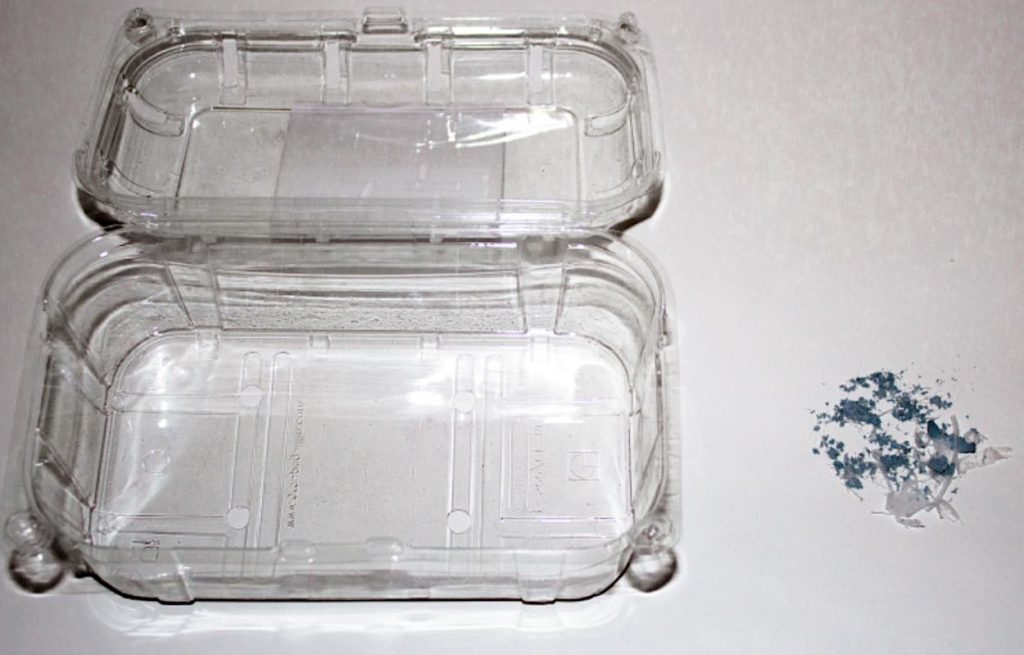
In a delightful twist of fate, scientists have turned an unexpected find into a breakthrough for our planet! This enchanting tale unveils how an enzyme discovered in a cemetery is set to revolutionize plastic recycling, offering a vibrant glimpse into a more sustainable future.
In 2022, a team of dedicated researchers at a university in Leipzig stumbled upon a fascinating enzyme that could dissolve polyethylene terephthalate (PET) plastic—commonly used for bottles and containers—by an astonishing 90%. This was just the beginning.
Fast forward to the spring of 2025, and these same scientists decided to put their newfound knowledge into action. They established ESTER Biotech, aiming to harness the full potential of this remarkable enzyme, named PHL7.
With an ambitious plan in place, the first step involves creating a pilot reactor the size of a bathtub. If it proves successful, by 2030, they envision deploying multiple large-scale reactors capable of processing a staggering 45,000 metric tons of PET annually.
What makes PHL7 so special? Unlike traditional recycling methods that can weaken plastic, this enzyme breaks down PET without degrading its material properties. This means that the recycled products maintain their integrity, opening a door for better quality materials.
Moreover, PHL7 operates efficiently at a wide temperature range and uses minimal quantities—just a tiny fraction of what’s needed in other methods. This efficiency shortens recycling time, making it not only effective but also sustainable.
Christian Sonnendecker, a lead researcher and co-founder of ESTER Biotech, expressed excitement about the potential of their discovery. “With our innovative technology, we can reclaim materials that are usually discarded and reintroduce them back into the cycle,” he shared. “We envision a future where science, entrepreneurial spirit, and a commitment to our planet merge beautifully together.”
But the journey doesn’t stop there. Currently, ESTER Biotech is working hand-in-hand with partners to build a sustainable supply chain, aiming to make their enzyme more cost-effective for wider implementation. As European regulations push for increased recycling rates, their work could be pivotal in meeting those targets.
THE HORIZON AHEAD:
This innovative enzyme also shows promise in recycling complex, multilayered materials that are typically deemed unrecyclable. As ESTER Biotech forges ahead, they are determined to craft a brighter, cleaner future, transforming waste into valuable resources.
Let’s celebrate this exciting journey of innovation and hope for a world where our planet’s resources are cherished and recycled, paving the way for generations to come.
SHARE This Inspiring Update with Your Friends…
If you would like to see similar good news stories click here & Share this to brighten someone’s day.






